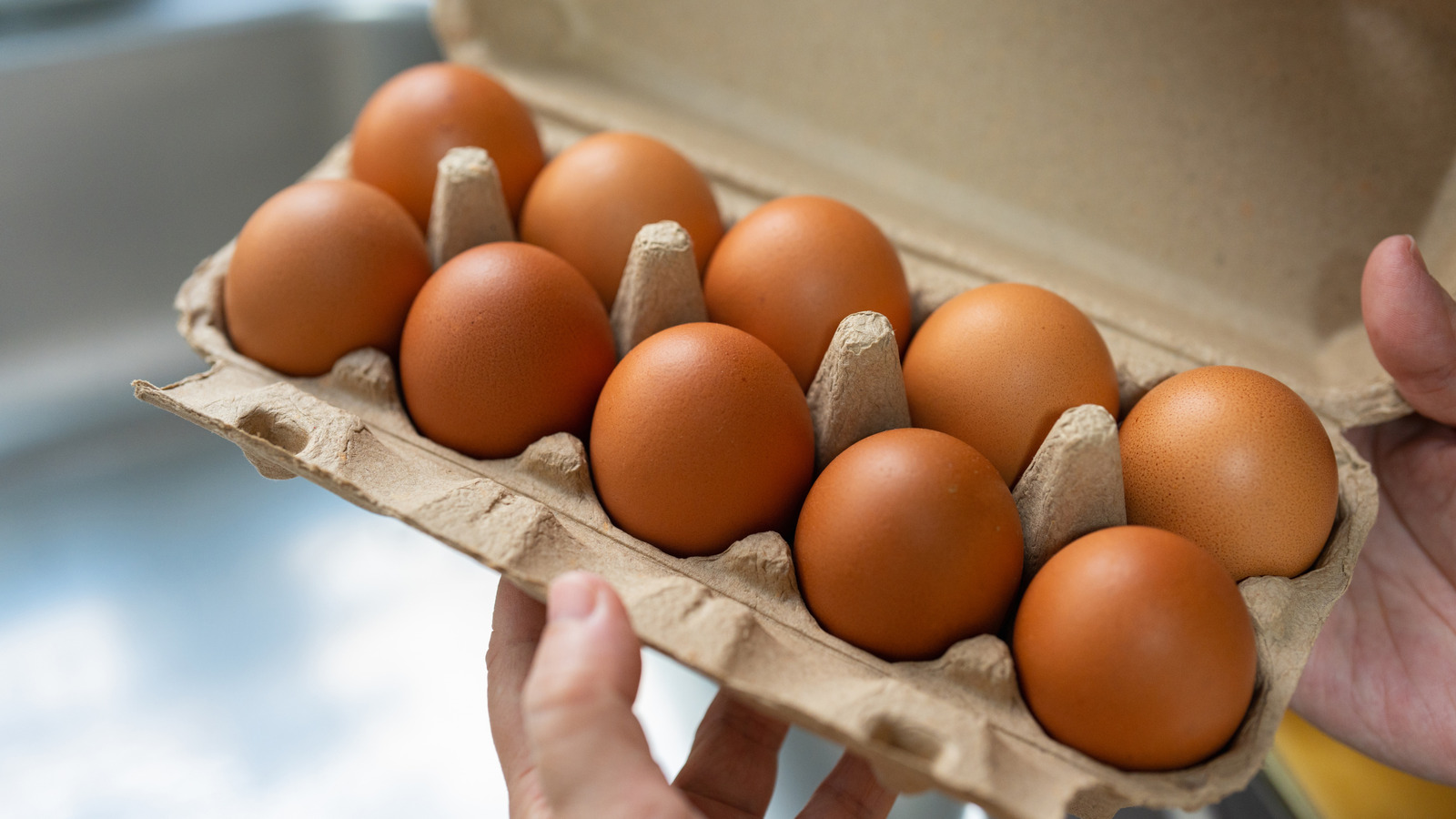
"USDA-graded eggs undergo a washing and sanitation process before they are packaged, and some are even pasteurized to prevent the risk of bacteria that can cause food borne illnesses, like salmonella."
"The shell of an egg has a viscous protective coating called a 'cuticle' or 'bloom,' that prevents bacteria from transferring between the porous outer shell and the inner egg."
"When you wash eggs, this protective coating is removed, which increases the chance of introducing bacteria and dirt to your eggs."
"It's important to note that many people use fresh eggs straight from the farm without washing them, emphasizing the need to keep the egg's protective coating intact."
Store-bought eggs undergo washing and sanitation processes prior to packaging. These USDA-graded eggs may even be pasteurized to reduce the risk of bacteria like salmonella. Washing eggs can remove their natural protective coating, the cuticle or bloom, increasing the risk of cross-contamination. Using soap or bleach solutions to wash eggs is discouraged because these may introduce harmful cleaning agents. Fresh farm eggs are also used without washing, highlighting the importance of keeping the protective coating intact.
Read at Tasting Table
Unable to calculate read time
Collection
[
|
...
]